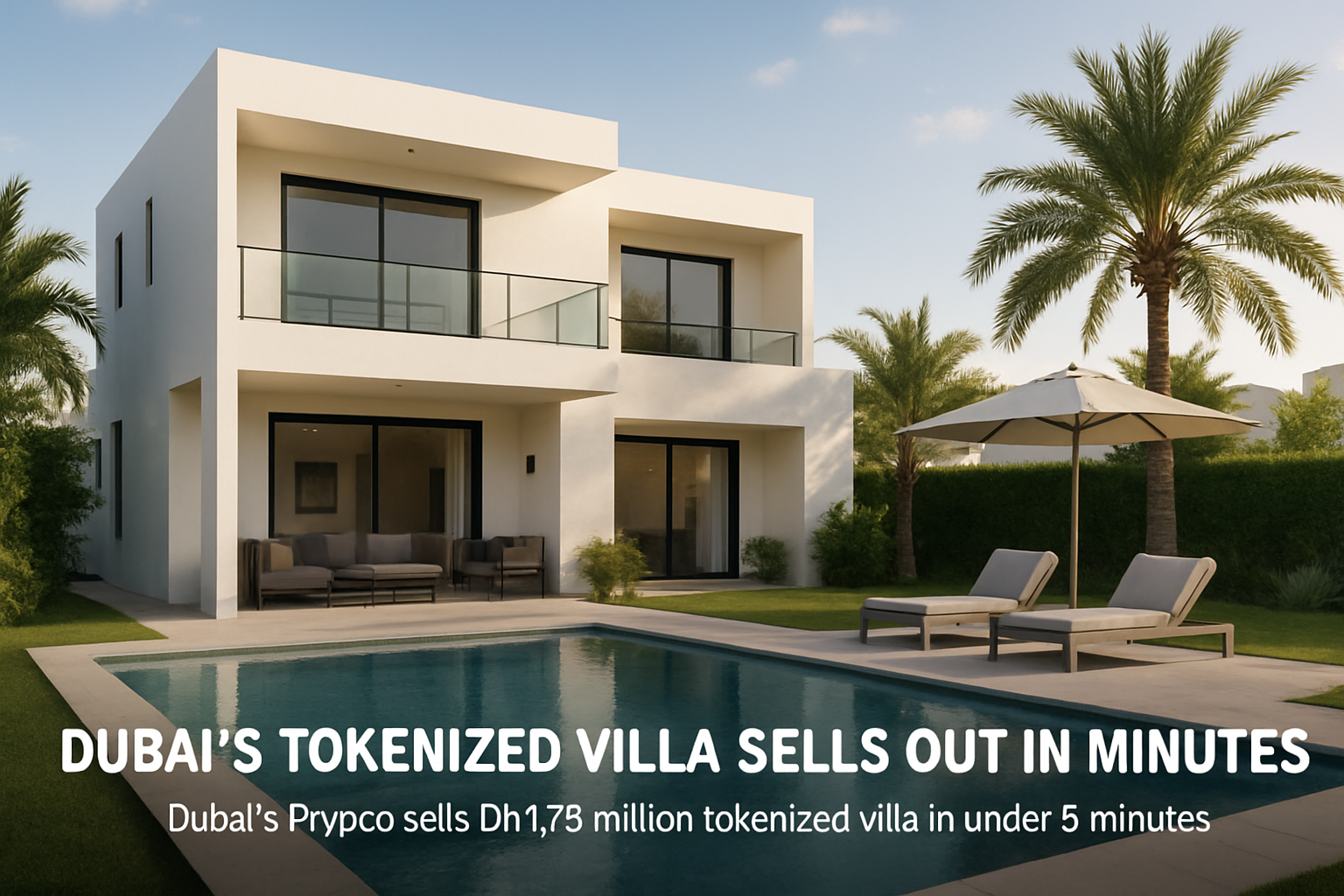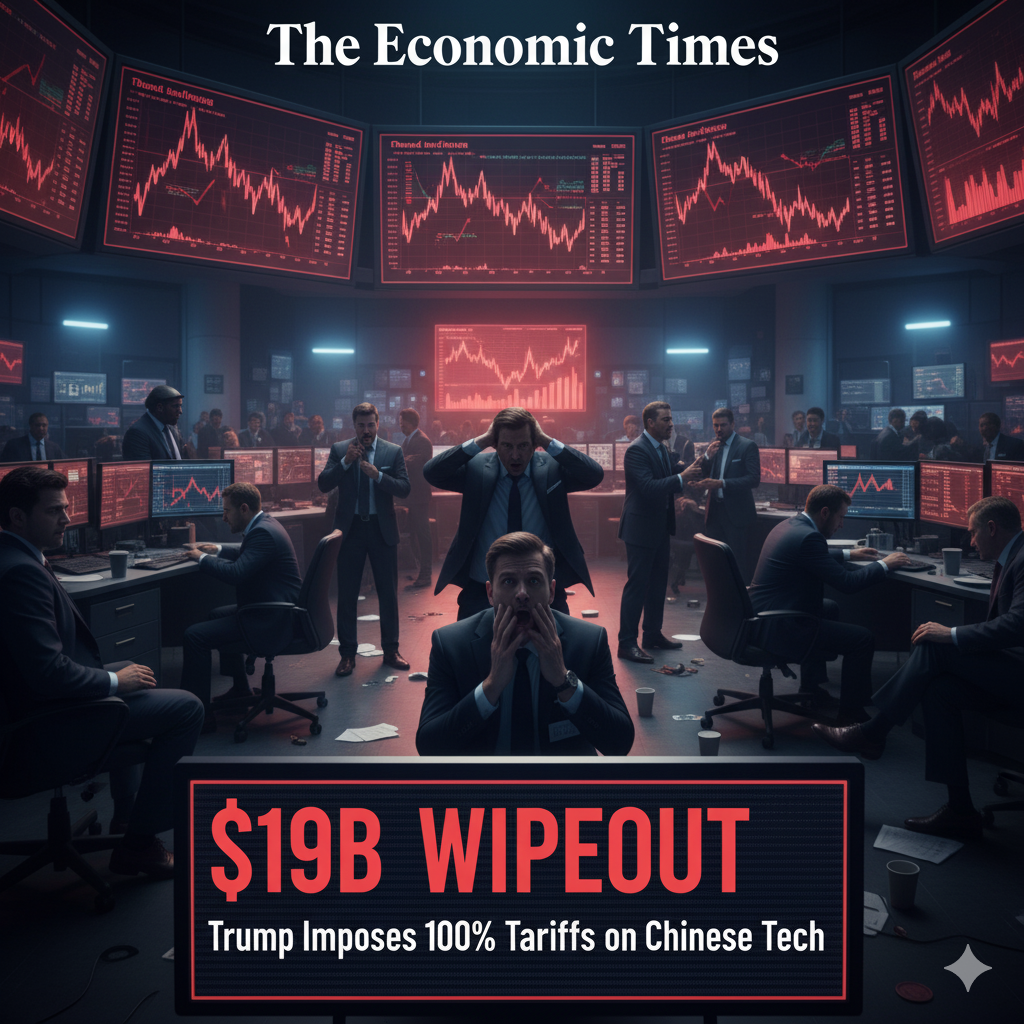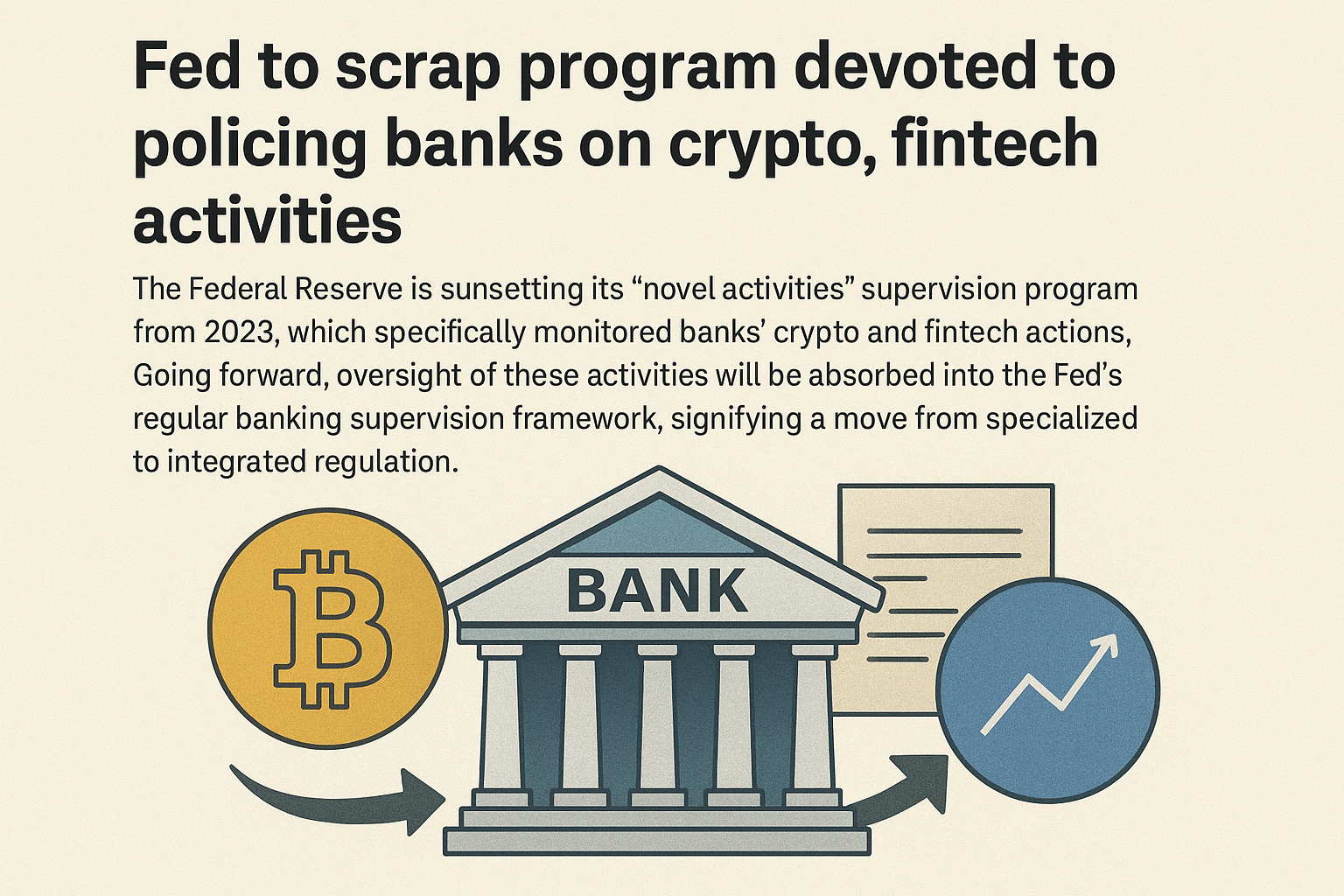In a stunning showcase of the growing power of blockchain technology in the real estate sector, a tokenized luxury villa in Dubai has been completely sold out in under five minutes. The Dh1.75 million property, offered by the Dubai-based startup Prypco, was fractionalized into digital tokens and quickly snapped up by eager investors. The rapid sell-out is not only a signal of surging interest in tokenized real estate, but also a glimpse into the future of how property can be bought, owned, and traded.
What Exactly Happened?
Prypco, a startup focused on property tokenization, minted the villa into digital tokens, effectively splitting the property into fractional shares available on the blockchain. Investors could purchase portions of the home, similar to buying shares in a company. This method lowers the barrier to entry for property investment, allowing a broader range of individuals to access an asset class traditionally dominated by the wealthy.
Within minutes of launching the tokenized offering, all shares were sold, illustrating the strong appetite for such opportunities—especially in markets like Dubai, where innovation meets luxury lifestyle and global capital.
Why This Matters
Tokenization has long been touted as one of the most promising use cases for blockchain, and this sale proves that theory is becoming reality. By turning physical assets into tradable digital tokens, platforms like Prypco are not only increasing liquidity in the real estate market, but also democratizing investment.
Instead of saving for years to buy an entire home, people can now buy fractions and participate in property gains, rental yields, or resales. The blockchain ensures transparency, real-time settlement, and immutable ownership records—features that traditional real estate transactions struggle to offer.
A Broader Trend in Motion
This is not a one-off event. Globally, interest in real estate tokenization is on the rise. From Manhattan office buildings to Caribbean resorts, tokenized assets are becoming more mainstream. Dubai, with its progressive regulatory approach and hunger for innovation, is positioning itself as a global hub for digital property investments.
According to analysts, this shift could lead to trillions of dollars worth of real estate being traded on decentralized platforms within the next decade.
The Prypco villa sale is more than just a flashy headline—it’s a signal of systemic change. As tokenization technology matures and more people recognize its benefits, we may soon witness a future where real estate investment is as easy and accessible as trading stocks or crypto.
Dubai’s quickfire sale is a milestone, but it’s likely just the beginning of a much larger transformation.




